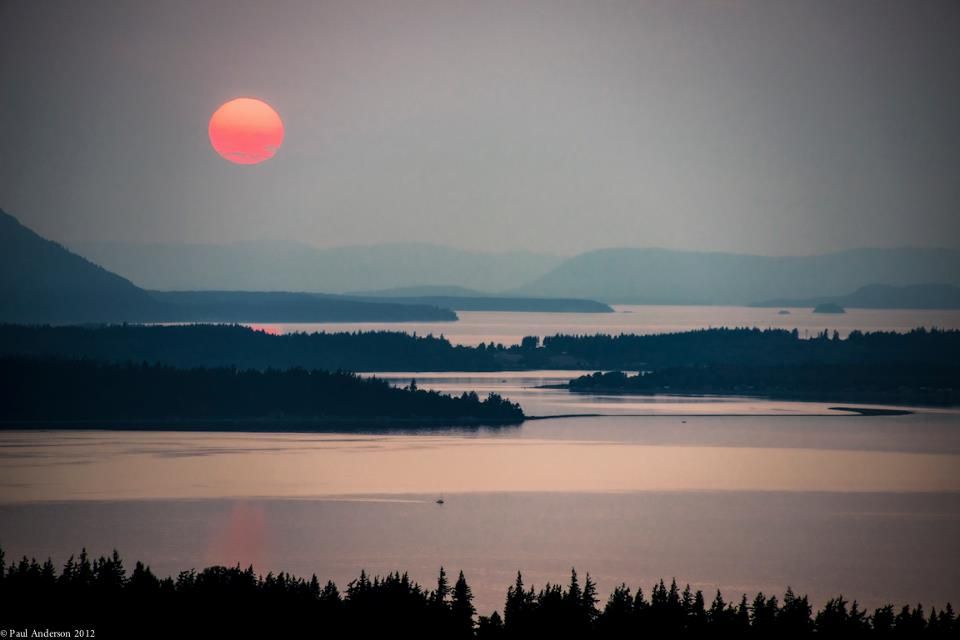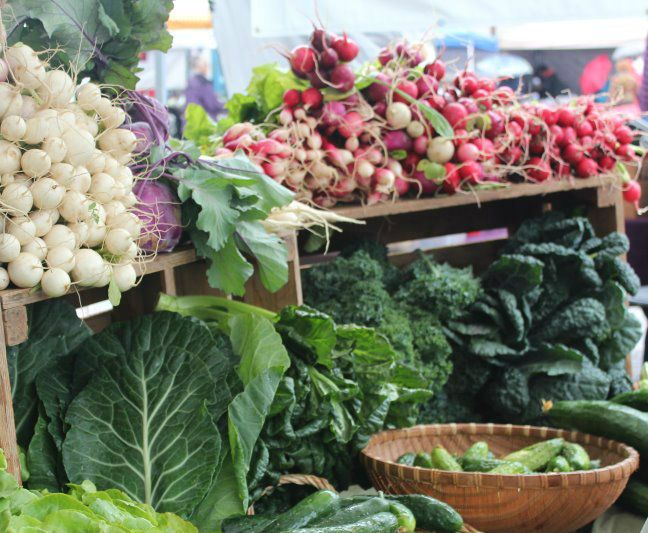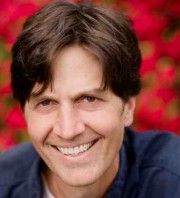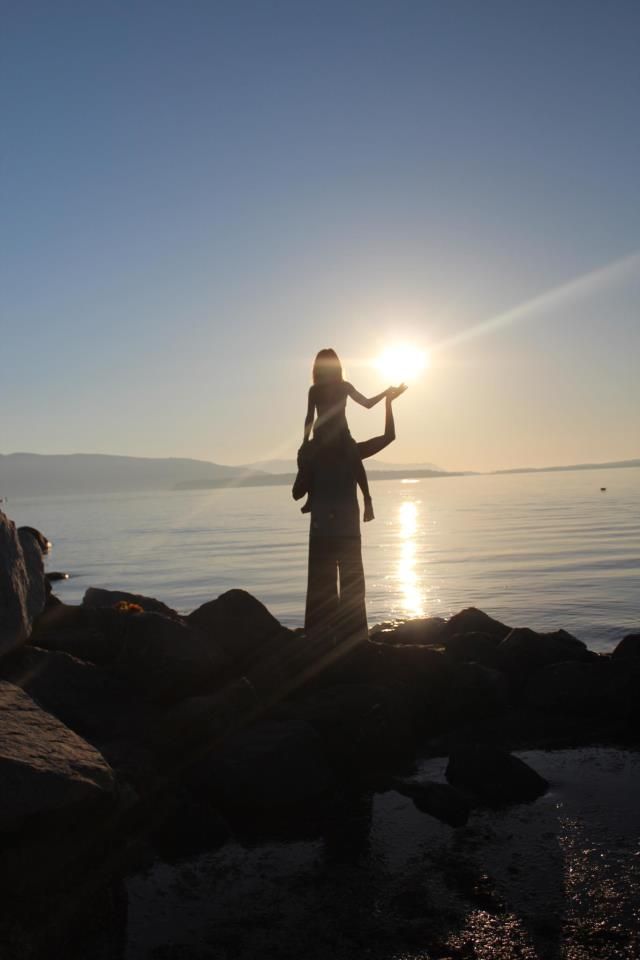My friend Jill says there are no coincidences. This book, arriving at exactly this time as we all face huge decisions about our future, could not be more relevant and timely. The Wisdom of the Shire, by Noble Smith (Thomas Dunne Books, 2012), contains some directly applicable wisdom to our lives right here and now.
For anyone who has not read the Lord of the Rings or seen the movies - oh, never mind. This is Daily Kos, and you clicked on a title with "The Wisdom of the Shire". Suffice it to say that hobbits, outwardly gentle and non-adventurous creatures, repeatedly show their mettle, not just in bravery, but in wisdom and compassion, repeatedly achieving things that the Big People are somehow too big to do.

Our Shire
Beyond the achievements of the individual hobbits, the Shire itself stands as a sustaining force through the series. Just the thought of this place of friends, gardens, and a good pint of beer, is enough to see the hobbits through the grimmest of times. It is not only the place they came from, but it is also the place they are protecting as they journey for miles through the wilderlands and survive epic battles. No matter where they go, the hobbits bring a part of the Shire with them.
So how does this help us right here and now? Read on, young hobbit...
While there is plenty to enjoy in this book about personal values and life choices, the first place that really got my attention was about the dealings of the hobbits with the Big People.
We've all met Big People. Some are noble, others not, but they all are bigger than us hobbits. And, they don't mind letting us know that. The Big People are very serious people who make decisions and then explain to us why it's good for us. And by the way, it's been decided and we have no choice in the matter.

Minds of Metal and Wheels
In the direct experience of the Shire, the most evil of the Big People is "Sharkey", as the fallen wizard Saruman has been renamed. When he invades the Shire, for all the brutality that he inflicts, the most harmful may be this:
"He knows that the way to break the generous and kind hearted people is to turn them against each other - rewarding the worst kind of behavior and punishing the honorable. In this way he seizes control of a great many hobbits with only a handful of followers."
The hobbits triumph over Sharkey, learning a tough but important lesson:
"The hobbits have come to understand that they can't keep the world fenced out anymore, but at least they now know how to deal with the rest of Middle-earth. They've become a lot wiser, but they've done so without tainting the essence of what makes them hobbits - the abiding goodness intrinsic to the people of the Shire."

A Vast Menace of Despair
The experience includes a reminder that it's important to recognize who could easily be, and hopefully will be, our friends tomorrow, if we apply some understanding and are not afraid to reach out to those with whom we disagree. You know of whom I speak. The Sharkeys of this world parachute in from Isengard to impose their minds of metal and wheels upon us, perhaps turning a few of our neighbors, our once and future friends, to their cause for a time.
By this time in the book, I was pretty much jumping up and down and saying "We are the Shire!" It's not just the ongoing coal export terminal fiasco, where the parallel could not be clearer. It's also about the sense of a special community, which, if not perfect, is finding new ways to provide for itself and for our neighbors.

It is no small thing to celebrate a simple life.
That leads right to what I thought was the second striking theme of the book. It was the idea that a sustainable life can be a life of abundance. After all, hobbits are not known for starving themselves. Somehow they have managed to live abundant lives for hundreds of years, without having to light the fires of industry, or conquer others.
When anyone brings up the question of whether we actually need to increase the pace with which stuff whirls around in our economy and gets used up (under the misleading label of "growth"), a naysayer will always bring up a counterpoint image, of people sitting in the dark wishing for more to eat. But it doesn't have to be that way. Local, sustainable abundance, as exemplified by the Shire, is becoming a reality, here and in other places. The only question is whether we can visualize this future and understand that it is not only possible, but is a choice that could bring us a lot of joy in addition to increasing the durability of our community in an uncertain world.
The topic of abundance instantly conjures up the question of what matters the most. Here is abundance to a hobbit, as described in the book:
"Hobbits are constantly delighted and amazed by food. They won't eat anything before first savoring it - smelling the aromas and talking about how good it's going to taste. A meal isn't a mechanical process for them. Instead it's a life-affirming event. A pleasure to share with friends and loved ones."
That sure puts the GDP in perspective. Just reading that description, it seems that any reasonable person would happily give up quite a few pieces of cheap plastic crap from China, or a McMeal, in order to clear the way to share that kind of experience.
While the descriptions are striking in light of current times, they are all based very directly on the original writings of J.R.R. Tolkein. The author has simply distilled and helped us see what has always been there:
Tolkein was an environmentalist at heart, even if that term didn't exist back then. He loved the natural world. When he was a kid, he talked to trees. He despised the machines of war and the pollution of industry, using the term 'orcery' to describe these evils. *

Fighting for All This is Green and Good in This World
While it is easy to see how we, right here in Whatcom County WA, can be the Shire, the Shire exists in many other places. The Shire is ubiquitous in the diaries of Daily Kos. A thousand Sharkeys are invading a thousand Shires every day across our country. On Daily Kos, we hobbits reach out to each other to share ideas and encouragement, and most of all to know that we are not alone.
There is so much here. I had to pick just two themes out of many. After you have turned all the pages and got to see what was next all the way to the end, consider starting again and enjoying just a few pages each evening, walking the same path but stopping this time to really see the colors of the leaves and shapes of the branches, like a hobbit strolling along The Water on the way to the Green Dragon.

Six foot four inches, all hobbit.
Must have been the ent draught
So: Is it coincidence that
The Wisdom of the Shire is with us right now? I think not. The author originally thought of this book decades ago, and described it to a few people who scoffed. It resurfaced suddenly, earlier this year, when the Noble was considering some big choices in his life. In those years, the world had changed. We have seen the Saurons of the world expand past their stronghold in Dol Guldur and declare themselves openly - they mean to rule us. Noble explains:
"The abuses, on us and our environment, have become ever larger and more brazen - and unpunished. So people are waking up, realizing how they've been buffaloed into accepting things that are not healthy and are not right. We know now that we can stand up and say: It's okay to live simply and at peace, not always wanting more and more." *
The Wisdom of the Shire is an excellent present for the holidays. If you are pondering what to do with the time that is given to you, then run, walk, bike, bus, or carpool to your nearest independent bookseller, or go to the author's home bookstore at
www.villagebooks.com and order online. After you get your copy, then think of a dozen or so friends, or people who will soon be your friends, and get them copies too. I can easily think of eleventy-one people that I would be pleased to gift this book to. Perhaps on my birthday!
The Wisdom of the Shire Tells Us:
"All paths lead to the Road, and the wisdom will guide you there and back to the Shire - a country that exists inside our hearts, a truth that is revealed to the world by our honorable actions."
References:

Our Future - Worth Saving
All of the block quotes are excerpted from
The Wisdom of the Shire by Noble Smith, except where starred they are from an interview with the author.
The book's web site is: http://www.shirewisdom.com/
Village Books, (www.villagebooks.com), recently hosted the kickoff reading event for the book, and also is the location where much of the book was written.
There are a few quotes from Lord of the Rings for you to find above.
"Growth" is a big topic here in Whatcom County WA. A draft vision document from The Whatcom Futures Project is sparking spirited debate about whether growth is a necessary part of our future. I commented about this at length in the December 2012 issue of Whatcom Watch (main site here, that specific article is not yet online).
Photos Courtesy of Paul Anderson and Nicole Brown, as identified by mouseover. Thanks for review and edits by Sara Wells.
Thanks to Noble Smith for an interview, his reading last week, book and author images, and of course for The Wisdom of the Shire.


